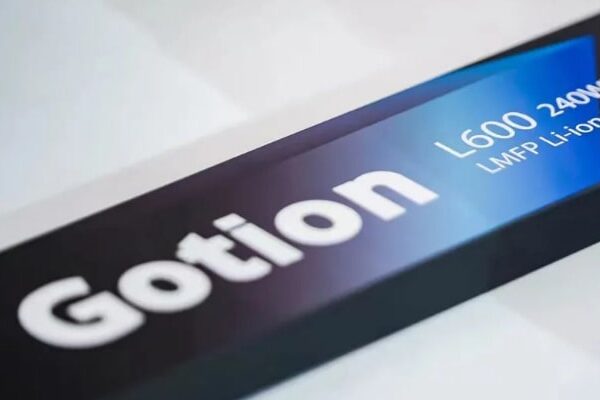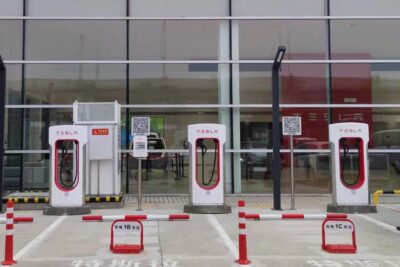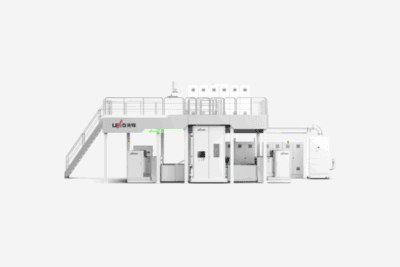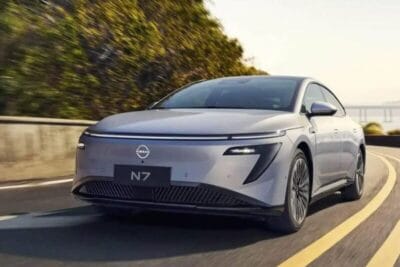Gotion High-Tech prepares LMFP cell production
The Chinese battery cell manufacturer Gotion High-Tech has presented a battery cell based on lithium manganese iron phosphate (LMFP), intended to help electric cars achieve ranges of 1,000 kilometres according to Chinese standards.
Progress at Gotion High-Tech is closely monitored in Germany since Volkswagen has been the largest single shareholder in the Chinese battery cell specialist since the end of 2021. According to Gotion, the new cell, Astroinno L600, should pave the way to 1,000 kilometres without NCM – i.e. without the nickel-cobalt-manganese chemistry known for its higher energy density. Notably, 1,000 kilometres by Chinese standards is significantly less than 1,000 kilometres of real-world range.
According to Gotion, mass production of the Astroinno L600 is expected to start in 2024. The company does not specify whether Volkswagen will be among the customers. What is known is that Gotion will supply the Volkswagen Group with cells containing LFP chemistry for vehicle production in and outside of China.
Back to the new LMFP cell: according to the manufacturer, it achieves a gravimetric energy density of 240 Wh/kg and a volumetric energy density of 525 Wh/L. The Astroinno battery pack with these cells has an energy density of 190 Wh/kg. And Gotion claims a service life of more than 4,000 cycles at room temperature and 1,800 cycles at high temperature for the new cells.
Specifically, the cell’s cathode is no longer made of lithium iron phosphate, but of the aforementioned lithium manganese iron phosphate, which is supposed to significantly increase the energy density and the fast-charging capability. For the latter, Gotion specifies 18 minutes, without specifying either the SoC range nor the charging power itself. Regarding the construction of the battery pack, Gotion explains that they are working with a double-sided liquid cooling sandwich construction and a minimalist design concept “which reduces the number of structural parts of the battery pack by 45 per cent and lowers the weight of structural parts by 32 per cent”.
LMFP is not only the focus of Chinese suppliers; several companies in Germany are also working on this material. IBU-Tec Advanced Materials wants to expand its product family of LFP battery materials to include a variant with added manganese. A consortium around Varta and the Centre for Solar Energy and Hydrogen Research Baden-Württemberg (ZSW) wants to develop LMFP cells for electric aviation.
Alternatively, other manufacturers are trying to achieve a higher energy density at pack level through cell-to-pack technology. That is the case with CATL, for example. Its third generation of CtP technology should enable energy densities of 160 Wh/kg for LFP cells.





1 Comment